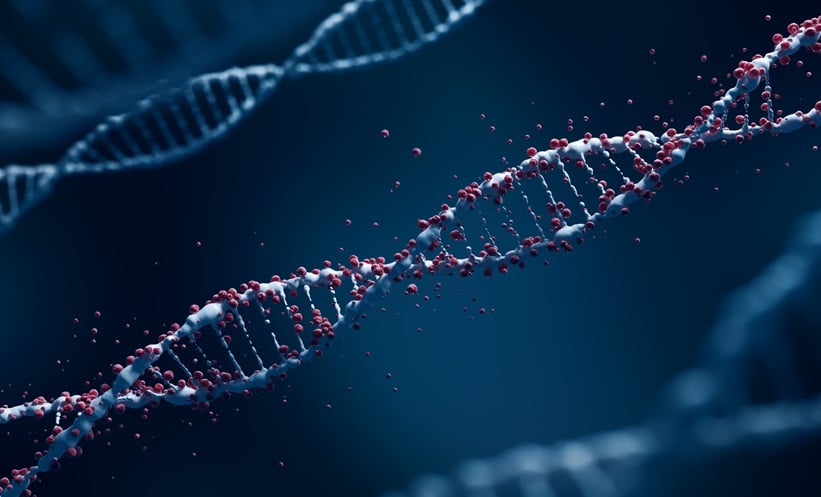A BREAKTHROUGH case-control study has identified transcriptomic clues linking cardiotoxic cancer treatments to long-term heart disease in childhood cancer survivors. Researchers pinpointed one gene, NFE2L2, whose expression levels may significantly predict future cardiac risks.
Understanding Cardiotoxic Risk in Survivors
Cardiotoxic treatments, such as anthracyclines and heart-directed radiotherapy, are vital in childhood cancer therapy but come with lasting costs. Survivors face a higher risk of cardiac disease, yet not all patients develop complications. This gap has driven the search for biomarkers that could explain why certain individuals are more vulnerable.
Study Design and Key Results
The research analysed a balanced group of 330 childhood cancer survivors, with 165 showing cardiac diseases and 165 free of them. Expression profiling of 8,557 genes was conducted, and results were stabilised using three innovative computational approaches: Percentile lasso, Bolasso, and Sublasso. Only one gene, NFE2L2, was consistently associated with outcomes, showing significantly lower expression in cases than in controls. Survivors with reduced NFE2L2 expression had a much higher likelihood of developing cardiac disease (OR 0.16, 95% CI 0.09–0.29) and heart failure (OR 0.11, 95% CI 0.03–0.37). Importantly, incorporating this gene into prognostic models greatly improved prediction performance, with the AUC rising to 0.85 for cardiac disease and 0.87 for heart failure, compared to 0.66 and 0.77 when relying only on clinical and treatment factors. No significant interaction between treatment dose and gene expression was observed.
Clinical Implications and Future Perspectives
These findings highlight the growing potential of transcriptomic biomarkers to guide risk-adapted strategies in managing cardiotoxic effects among cancer survivors. For clinicians, incorporating gene-based insights into screening models could transform monitoring and preventative care. Ultimately, deepening the biological understanding of cardiotoxic treatments may help shape a new era of personalised survivorship care.
Reference
Aba N et al. Transcriptomic biomarkers related to cardiac disease in childhood cancer survivors: a case-control study. European Heart Journal. 2025:ehaf617.








